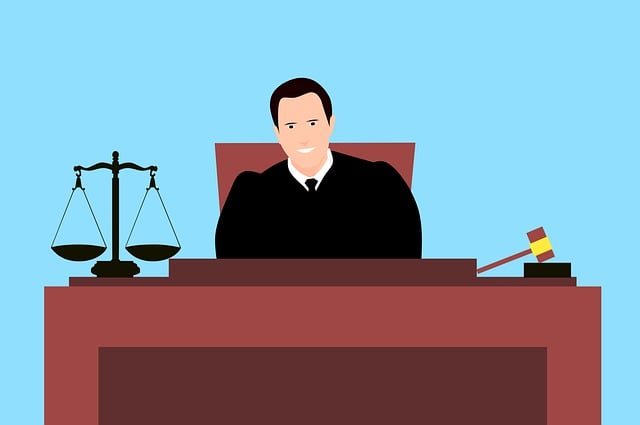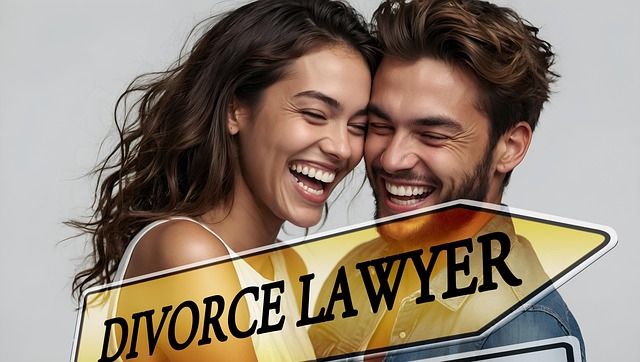Copyright law is essential for businesses using creative works, with non-compliance leading to legal penalties and damage to reputations. To avoid copyright infringement, companies must educate employees, implement internal policies, stay updated on laws, and promote respect for original content creation. Industry-specific guidelines are crucial, with non-compliance potentially resulting in significant fines or bankruptcy. Proactive measures like regular training and audits protect businesses from legal issues and foster a culture of responsible content use.
Navigating the complex landscape of copyright law is essential for businesses to avoid unintended infringement and protect their intellectual property. This article guides you through crucial aspects of regulatory compliance, focusing on copyright’s relevance to enterprises. We explore common pitfalls, industry-specific regulations, and key steps to ensure adherence. By understanding legal implications and best practices for avoiding copyright infringement, businesses can safeguard their assets and thrive in today’s competitive market.
- Understanding Copyright Law and Its Relevance to Businesses
- Common Traps for Companies: Avoiding Infringement Unintentionally
- Key Steps to Ensure Compliance and Protect Your Business
- The Role of Industry-Specific Regulations in Copyright Compliance
- Consequences of Non-Compliance: Legal Implications and Best Practices
Understanding Copyright Law and Its Relevance to Businesses

Copyright law plays a pivotal role in protecting intellectual property, which is especially crucial for businesses that rely on creative works like art, music, literature, and software. Understanding this legislation is essential to avoid copyright infringement, a mistake that could lead to legal repercussions, including fines and lawsuits. Businesses must be vigilant in ensuring they have the right to use copyrighted materials, whether through licensing agreements or fair use provisions.
Navigating copyright law is not just about steering clear of legal trouble; it’s also about fostering positive relationships with creators and contributing to the broader cultural and philanthropic communities. By respecting copyright, businesses can foster innovation and support the creative sector, ensuring a vibrant cultural landscape. This proactive approach can prevent unwanted scrutiny from authorities and even avoid indictment in cases of willful infringement, ultimately benefiting both the business and the communities at large.
Common Traps for Companies: Avoiding Infringement Unintentionally
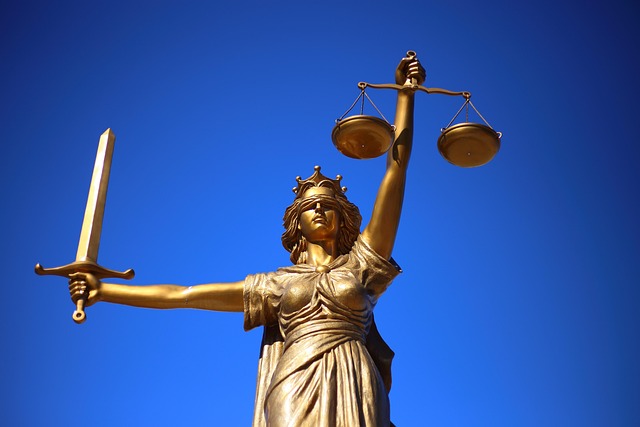
In the fast-paced world of business, companies often find themselves navigating complex regulatory landscapes. One common pitfall many encounter is unintentionally stumbling into copyright infringement. This can occur in various forms, from using copyrighted material without permission to failing to attribute proper credit. To avoid these pitfalls and ensure a smooth legal journey, businesses must foster a culture of awareness and understanding. Educating employees about intellectual property rights is crucial; they should know what constitutes fair use versus infringement, especially when it comes to images, music, or literary works.
Moreover, staying up-to-date with legislation and industry best practices is essential for achieving extraordinary results in white collar defense. Regular training sessions and workshops can help keep everyone on their toes, ensuring that even subtle infringements are caught before they lead to serious consequences. By proactively avoiding copyright infringement, businesses not only safeguard themselves from legal repercussions but also foster an environment where creativity thrives without the fear of unintended legal traps, thus preventing potential indictments.
Key Steps to Ensure Compliance and Protect Your Business

Ensuring regulatory compliance is paramount for any business to avoid legal pitfalls and protect its reputation. A key step in this process is safeguarding against copyright infringement, which can lead to severe consequences, including substantial fines and even criminal charges like indictment. To prevent these issues, businesses should implement robust internal policies and procedures. This includes regular training for employees on intellectual property rights and the ethical use of content, as well as clear guidelines on creating, distributing, and accessing copyrighted materials.
Regular audits and reviews of digital assets, software, and external partnerships are essential to identify potential copyright violations. Additionally, staying informed about evolving laws and regulations related to copyright is crucial. Businesses should also foster a culture of respect for intellectual property by encouraging original content creation and promoting the responsible use of licensed resources. By taking these proactive measures, companies can significantly reduce the risk of copyright-related jury trials and build a strong foundation for defending against challenging claims, ultimately ensuring long-term success and stability.
The Role of Industry-Specific Regulations in Copyright Compliance
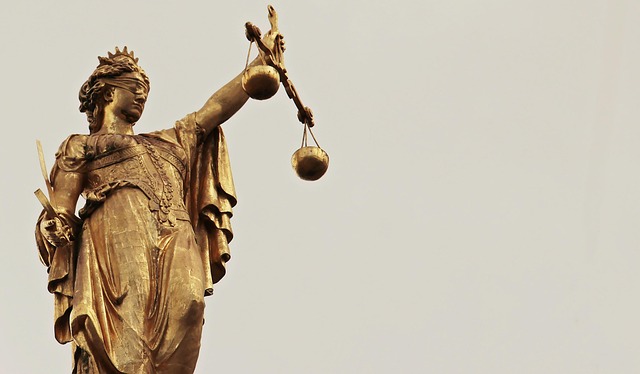
In the realm of business, avoiding copyright infringement is paramount to steering clear of legal entanglements and maintaining a robust reputation. The landscape of copyright laws varies significantly across industries, underscoring the importance of tailored regulations for effective compliance. Industry-specific guidelines play a pivotal role in ensuring businesses navigate the intricate web of intellectual property rights with precision. These regulations are designed to safeguard creative works while fostering innovation by setting clear boundaries and expectations.
For instance, media and entertainment companies must adhere to strict copyright rules when using copyrighted music, films, or literary works in their productions. Similarly, tech startups dealing with software development need to understand licensing agreements and open-source code regulations to avoid any white-collar defense claims. Across the country, businesses facing copyright compliance issues often find themselves at risk of substantial fines and even a complete dismissal of all charges if they fail to respect these nuanced industry standards.
Consequences of Non-Compliance: Legal Implications and Best Practices
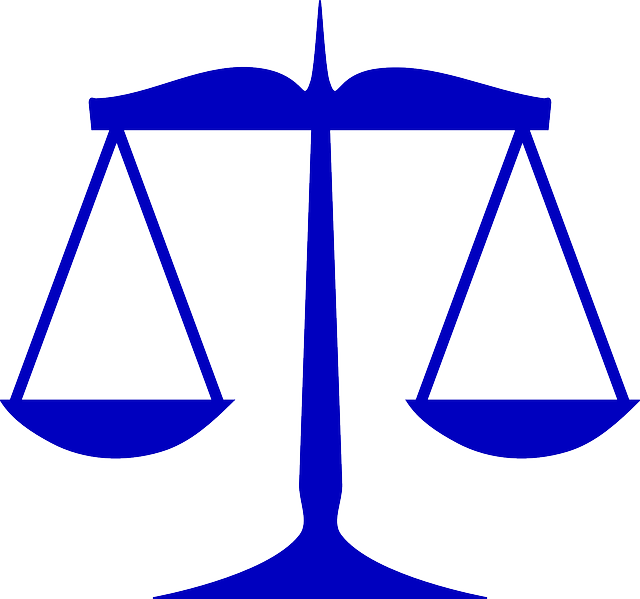
The consequences of non-compliance with regulations can be severe and far-reaching for businesses. One of the most critical aspects is the potential for legal implications, which can lead to hefty fines, business disruptions, and even bankruptcy. Non-compliance may result in copyright infringement cases, where businesses inadvertently use protected material without proper authorization. This is a serious issue as it not only violates intellectual property laws but also carries significant financial penalties. For instance, copyright owners can seek damages for each instance of unauthorized use, and courts often award substantial compensation to right holders.
To avoid these pitfalls, businesses should implement robust compliance practices. Best practices include conducting thorough training programs for employees to ensure they understand the regulations and their implications. Regular internal audits can help identify potential non-compliance areas and allow for timely corrections. Additionally, seeking legal advice from professionals who specialize in regulatory compliance is invaluable. By doing so, companies can safeguard themselves against indictment and win challenging defense verdicts, ensuring they remain competitive while adhering to legal requirements, particularly when it comes to avoiding copyright infringement in their business operations.
In navigating the complex landscape of copyright law, businesses must stay vigilant to avoid unintentional infringement. By understanding the relevant legislation, identifying common traps, and implementing robust compliance strategies, companies can protect themselves from legal repercussions. Industry-specific regulations further underscore the importance of tailored approaches to copyright compliance. Ultimately, prioritizing compliance not only mitigates legal risks but also fosters a culture of ethical business practices, ensuring long-term success in an increasingly digital world.


